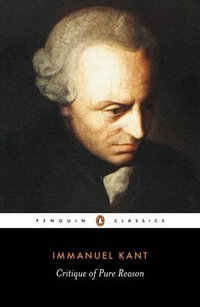
Explorations in Information Space
Knowledge, Agents, and Organization
By: Max H. Boisot, Ian C. MacMillan, Kyeong Seok Han
Hardcover | 27 December 2008
At a Glance
Hardcover
$86.99
Ships in 5 to 7 business days
ISBN: 9780199250875
ISBN-10: 0199250871
Published: 27th December 2008
Format: Hardcover
Language: English
Number of Pages: 242
Audience: Professional and Scholarly
Publisher: Oxford University Press UK
Country of Publication: GB
Dimensions (cm): 23.39 x 15.6 x 1.42
Weight (kg): 0.51
Shipping
| Standard Shipping | Express Shipping | |
|---|---|---|
| Metro postcodes: | $9.99 | $14.95 |
| Regional postcodes: | $9.99 | $14.95 |
| Rural postcodes: | $9.99 | $14.95 |
Orders over $79.00 qualify for free shipping.
How to return your order
At Booktopia, we offer hassle-free returns in accordance with our returns policy. If you wish to return an item, please get in touch with Booktopia Customer Care.
Additional postage charges may be applicable.
Defective items
If there is a problem with any of the items received for your order then the Booktopia Customer Care team is ready to assist you.
For more info please visit our Help Centre.
You Can Find This Book In
This product is categorised by
- Non-FictionBusiness & ManagementOrganisational Theory & Behaviour
- Non-FictionLawLaws of Specific JurisdictionsIntellectual Property Law
- Non-FictionBusiness & ManagementManagement & Management TechniquesManagement of Specific AreasKnowledge Management
- Non-FictionComputing & I.T.Information Technology General Issue
- Non-FictionPhilosophyEpistemology & The Theory of Knowledge
- Non-FictionEconomics
- Non-FictionBusiness & ManagementManagement & Management TechniquesManagement Decision Making
- Non-FictionBusiness & ManagementBusiness Mathematics & Systems
- Non-FictionBusiness & ManagementEntrepreneurship / Start-ups
- Non-FictionLanguage & LinguisticsLinguistics
- Non-FictionBusiness & Management
























